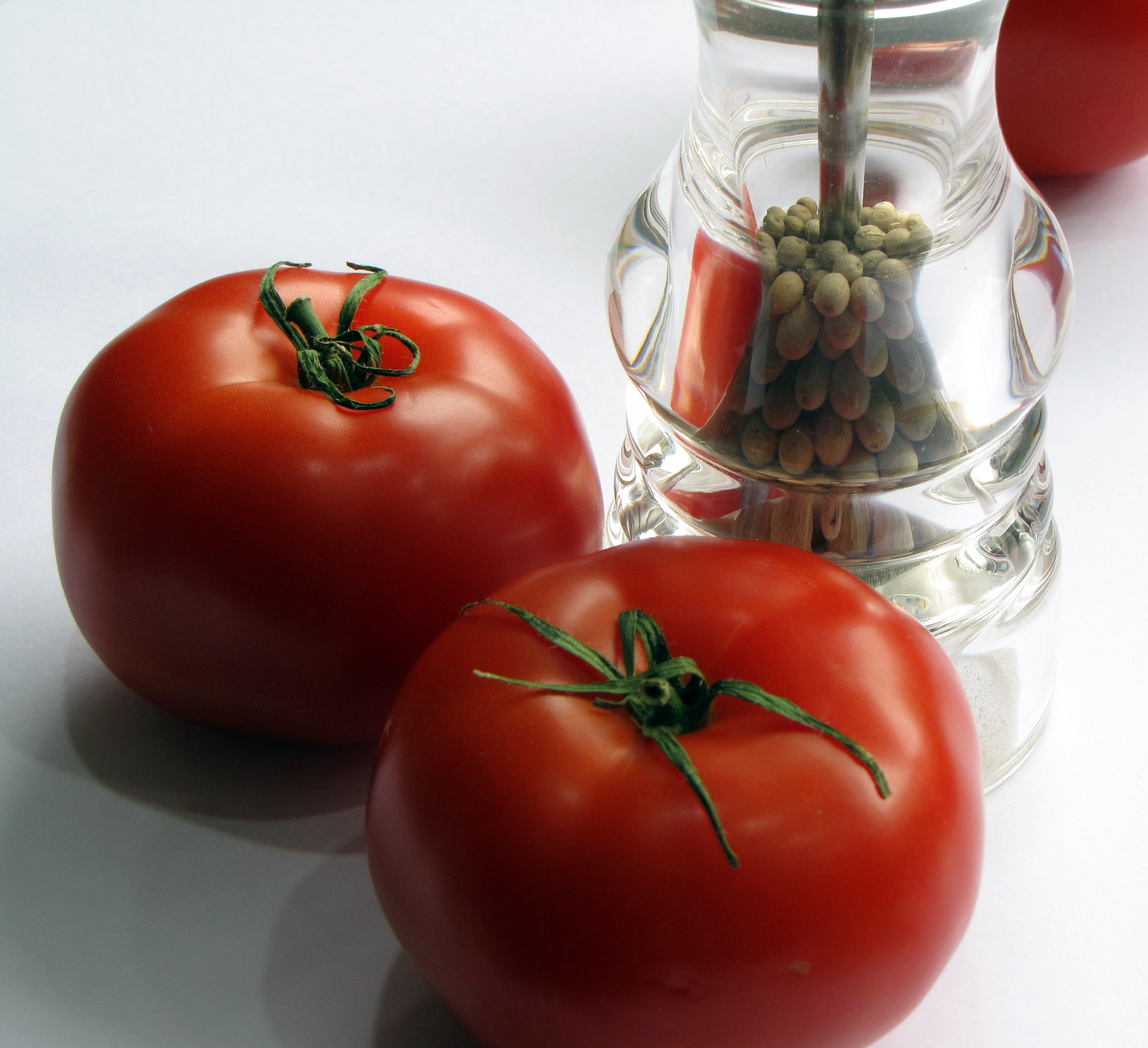TUESDAY, Feb. 16, 2016 (HealthDay News) — The benefits of eating fresh vegetables from city gardens appear to outweigh any risks posed by lead or other contaminants in the soil, new research suggests.
“People are terrified of soils in urban areas. They always think it’s a mystery brew of toxins in the soil, but in the vast majority of cases, the contamination is lead,” said study lead author Sally Brown. She is a research associate professor of environmental and forest sciences at the University of Washington, Seattle.
“We’ve shown that lead is harmful by eating the dirt, not from eating the lettuce grown in the dirt,” she said in a university news release.
It’s widely believed that soil contaminated with lead is unsafe for gardening. But other than some root vegetables such as carrots, turnips, radishes and beets, plants take up very little lead into their stems and leaves and are safe to eat, the study contended.
To be safe, carefully wash excess dirt from leafy vegetables and wash your hands before eating the produce, the researchers said.
They also recommended adding a layer of compost to vegetable gardens in cities. Along with diluting any lead in the soil, compost will add important nutrients to the soil and improve growing conditions for plants. Another option is building raised garden beds and using soil from another area.
You don’t need to avoid carrots and other root vegetables grown in city gardens, according to Brown, because lead is most hazardous on an empty stomach. She said the effect from lead is minimal when eaten with food.
“If you have a kid eating a carrot, that is a better-nourished kid,” she said. “Urban agriculture is just such a wonderful thing, and you shouldn’t let the fear of the soil put the kibosh on it.”
The study was published this month in the Journal of Environmental Quality.
As many as 93 million Americans are “food insecure,” and city gardening is one way to tackle that growing problem, the researchers said.
More information
Harvard School of Public Health outlines the benefits of vegetables and fruits.
Copyright © 2026 HealthDay. All rights reserved.

